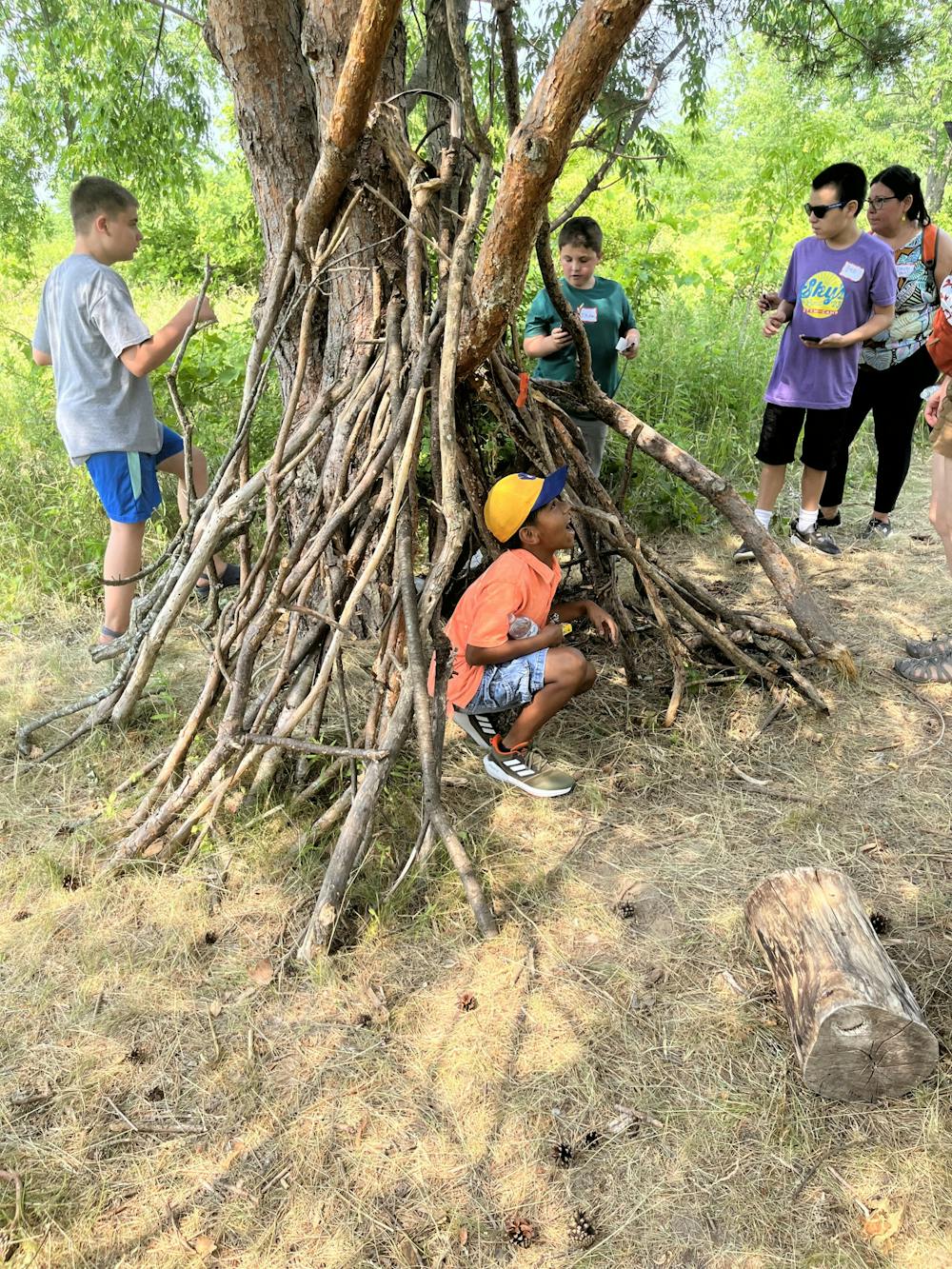A federal funding cut has put the future of three popular Wisconsin STEM camps for autistic students at risk, leaving families and educators worried that a rare space for hands-on, inclusive science learning could soon disappear.
The camps, run through the University of Wisconsin-Madison’s Center for Climatic Research, have drawn middle and high school students from more than 35 communities across Wisconsin and Illinois since 2022. With sensory-friendly, nature-based activities ranging from NASA citizen science projects to outdoor exploration, the programs aim to foster neurodiversity and encourage students to pursue careers in science, technology, engineering and math.
“This isn’t just about science,” Michael Notaro, director of the Center for Climatic Research and founder of the camps, told The Daily Cardinal. “Families have told us their children feel safe, welcome and excited to learn — it’s heartbreaking to think of losing that.”
The three programs — “Sky’s the Limit” in Beloit, “Nature’s Navigators” in Wisconsin Dells, and “Zoo Explorers” at Madison’s Henry Vilas Zoo — were largely supported by a National Science Foundation grant, which was terminated earlier this year. The federal government denied a request for supplemental funding when the parent grant ended.
For now, the camps are operating on the remnants of a UW-Madison Wisconsin Idea grant and a private donation from the Recogly family. But Notaro said those funds will not last beyond this year’s camps. Notaro is currently floating external funding opportunities to keep the programs afloat.
Notaro, whose wife and son are autistic, said the loss of federal support reflects a broader shift in research priorities away from neurodiverse learners and diversity, equity and inclusion initiatives.
“Research shows autistic learners often have a strong interest in STEM, but far fewer end up in those fields because of the barriers they face,” he said. “These camps help break those barriers down.”

Jess Thompson, conservation and education curator for the Henry Vilas Zoo, said the program directly aligns with the zoo’s mission to expand accessibility.
“This camp is an important part of our vision to remain ‘Forever Accessible,’ which means creating tailored opportunities for families that may not thrive during a normal busy zoo day,” Thompson told the Cardinal. “Making sure that we are able to support the sensory needs of our neurodiverse youth takes intentional planning and resources, such as those that the Nelson Institute have been able to help provide through their NSF grant.”
Thompson also stressed how important programs like the STEM camps are for the future of the zoo.
Despite the uncertainty, Notaro said he is determined to keep the programs alive. He is seeking new grants, partnerships and donations that could sustain the camps in the short term while also expanding them into other Wisconsin communities.
“My hope is not just to keep them afloat,” he said. “The demand is there — these kids deserve opportunities to explore their passions.”
Alaina Walsh is the city news editor for The Daily Cardinal. She formally served as the associates news editor and has covered breaking news on city crimes, a variety of state and campus issues, the 2024 presidential election and the UW-Madison budget. You can follow her on twitter at @alaina_wal4347






